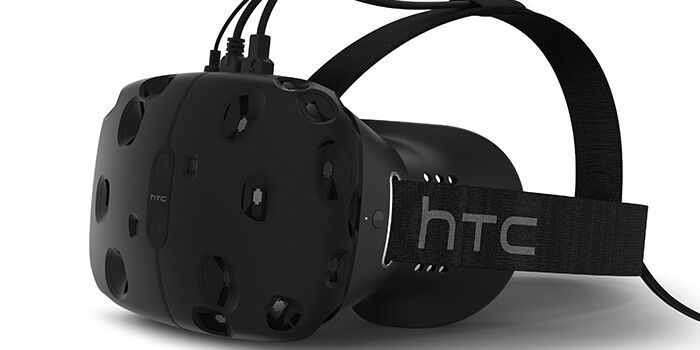The battle for virtual reality supremacy is really hotting up, with more and more challengers entering the fray. After the Facebook-owned Oculus Rift and Sony's own Project Morpheus both took initial strides into the world of commercially-viable VR, two more major players revealed themselves. Valve announced the Vive this month, in partnership with smartphone manufacturer HTC, whilst Microsoft's HoloLens will attempt to hybridize augmented reality and VR.
In order to succeed, each of the companies will have to offer something to entice would-be customers. Oculus has promised that the Facebook takeover will allow a substantially lower price point for the consumer model of the Rift, with recent suggestions of a price of $200-$400, whilst the Morpheus will aim to impress with 120 FPS. Valve, however, will take an entirely different strategy, as the Half Life creator has just revealed that developers can apply to be given free copies of the Vive.
In a move that was revealed by Ars Technica, Valve is going to gift those looking to create virtual reality content with a free developer's edition of the Vive headset. Developers may be able to sign up as early as next week, with Valve giving a disclaimer that studios will need to be "qualified" for a successful application. The company is going to open its doors to developers both "big and small," and applications will open up via a new website.
Valve has apparently already agreed to gift a number of studios with the Vive. Amongst the lucky few is Bossa Studios, the creators of Surgeon Simulator and I Am Bread. Valve's spokesperson, Doug Lombardi, seems to suggest that free developer editions of the Vive will not always be available, but that the kits "will be free, at least initially."
The decision to gift copies of the Vive to developers may work in Valve's favor for a number of reasons. By gifting copies of the Vive to developers of its choosing, Valve will be hoping to curate a number of loyal developers with impressive content for the headset's release. Valve will also now be able to control the supply of Vive kits within the general public. Oculus sold Rift dev kits for $350, but some early adopters of VR technology also picked up the non-consumer copies of the device.
Valve's strategy is very different from its virtual reality competitors. Although Sony has not been as open with kits as Oculus, the tech giant has yet to adopt a free distribution policy, in spite of the Morpheus team's attempts to attract independent developers to the device. Valve does need to take different steps, however, as HTC has revealed that the Vive looks set to be more expensive than its rivals. If the promised "premium experience" is to arrive, well-developed content will be key, and this move will be essential to that aim.
Source: Ars Technica

